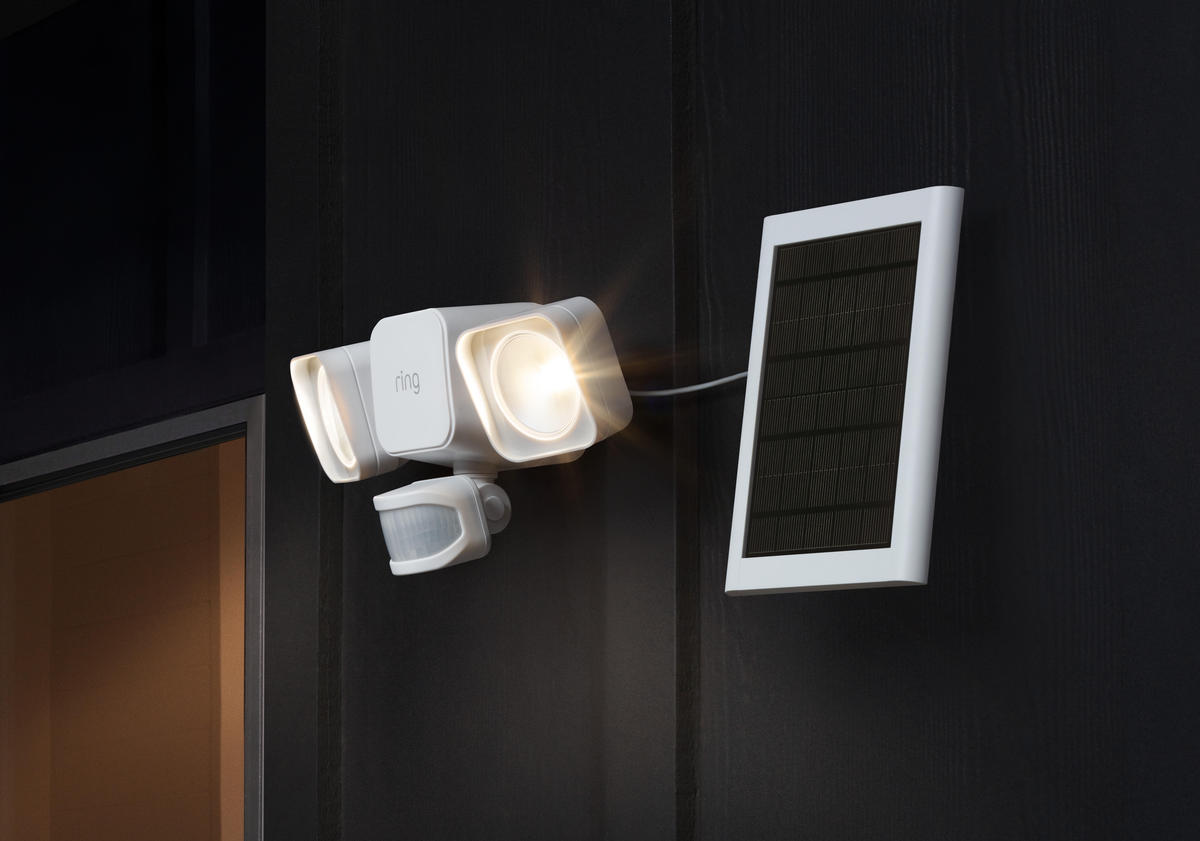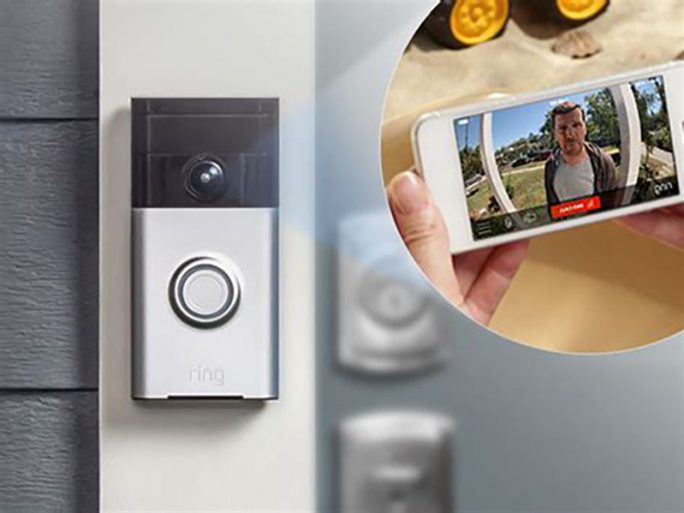Amazon’s Ring division has confirmed that it rolling out video end-to-end encryption to its range of smart devices around the world.
Ring announced the decision in a blog post, in which it said build that privacy and security were core central elements of its product portfolio.
Ring was of course acquired by Amazon for $1 billion back in 2018, and has continued to grow in popularity as more and more homeowners look to bolster their residential security measures.

End-to-End Encryption
Ring had actually begun trialling (or ‘technical previewing’) end-to-end encryption in January this year on eight Ring cameras, including doorbells, and both indoor, and outdoor models.
But now its end-to-end encryption for video streams is leaving technical preview, and is now available to US users, and is currently rolling out globally.
It should be noted that end-to-end encryption for video streams is an opt-in feature that ensures a person’s video streams can only be viewed by them on an authorised iOS or Android device.
This effectively locks Ring itself out of a person’s video streams, and even law enforcement officials.
“Earlier this year, we announced a technical preview of video End-to-End Encryption in the US,” blogged Josh Roth, Ring CTO on Tuesday. “Today, we’re proud to announce that we’re moving it out of technical preview and expanding the feature’s availability to customers around the world.”
“We believe that our customers should control who sees their videos,” Roth added. “By default, Ring already encrypts customer videos when they are uploaded to the cloud (in transit) and stored on Ring’s servers (at rest).”
“Now, customers around the world, with eligible Ring devices, can opt into video End-to-End Encryption, to add an extra layer of security that only allows their videos to be viewed on their enrolled mobile device,” Roth wrote. “This advanced security option is simple to set up via the Control Center in the Ring App, and offers additional peace of mind and protection.”
Ring said that this feature will now with 13 Ring cameras.
Privacy, security worries
Ring’s popularity has not been without some controversies.
In January 2020 for example, an investigation by the Electronic Frontier Foundation (EFF) warned the Ring Android app was “packed with third-party trackers” that was sending out a “plethora of customers’ personally identifiable information (PII)” to five analytics and marketing companies.
Then in March 2020 privacy concerns was raised again after it was reported that Amazon kept records of every motion detected by its Ring doorbells.
This was coupled with a safety issue in November 2020 when Ring urged hundreds of thousands of doorbell customers to download new instruction manuals, after receiving reports that some of them had caught fire in the US and Canada.
But by far the biggest worry for privacy campaigners is that Ring’s products are being used by increasing numbers of law enforcement agencies in the US to facilitate surveillance and criminal profiling in cities and towns.
Last November privacy activists expressed alarm when police in Jackson, Mississippi requested access to resident’s smart doorbells.
Privacy group Electronic Frontier Foundation (EFF) said at the time that Jackson police were conducting a 45-day pilot program to live stream the Amazon Ring cameras of participating residents.
Essentially, the police in Mississippi’s capital city had asked residents to connect their smart doorbells to a real-time surveillance hub, in an effort to fight crime.
Ring has also released a flying security camera drone (admittedly for indoor use), which has added to privacy concerns.

Another concern centres of an Amazon proposal to turn every Echo speaker and Ring security camera or doorbell in the United States into a shared wireless network (Ring Sidewalk).
American users were given just one week to opt out of the proposal, and Amazon is facing legal action over the matter.




